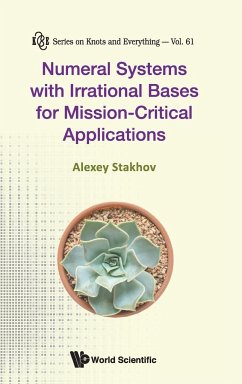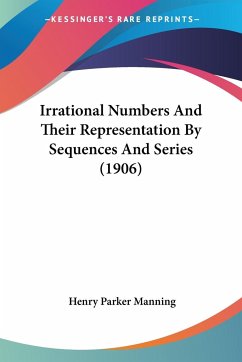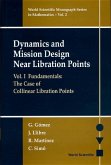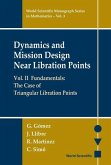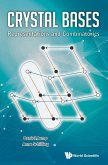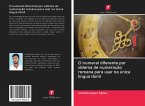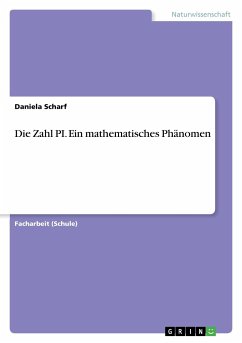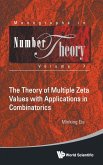This volume is the result of the author's many-years of research in this field. These results were presented in the author's two books, Introduction to the Algorithmic Measurement Theory (Moscow, Soviet Radio, 1977), and Codes of the Golden Proportion (Moscow, Radio and Communications, 1984), which had not been translated into English and are therefore not known to English-speaking audience. This volume sets forth new informational and arithmetical fundamentals of computer and measurement systems based on Fibonacci p-codes and codes of the golden p-proportions, and also on Bergman's system and "golden" ternary mirror-symmetrical arithmetic. The book presents some new historical hypotheses concerning the origin of the Egyptian calendar and the Babylonian numeral system with base 60 (dodecahedral hypothesis), as well as about the origin of the Mayan's calendar and their numeral system with base 20 (icosahedral hypothesis). The book is intended for the college and university level. The book will also be of interest to all researchers, who use the golden ratio and Fibonacci numbers in their subject areas, and to all readers who are interested to the history of mathematics.
Hinweis: Dieser Artikel kann nur an eine deutsche Lieferadresse ausgeliefert werden.
Hinweis: Dieser Artikel kann nur an eine deutsche Lieferadresse ausgeliefert werden.

